Supreme Court to Rule on Legal Recognition of Same-Sex Marriages in India
- ByAdmin --
- 24 Mar 2025 --
- 0 Comments
India’s Supreme Court to Hear Same-Sex Marriage Petition: A Landmark Test for Equality
In a historic moment for LGBTQ+ rights in India, the Supreme Court has taken up a petition seeking the legal recognition of same-sex marriages, rekindling the nation's dialogue on inclusion, dignity, and equality. The move comes five years after the apex court struck down Section 377 of the Indian Penal Code, decriminalizing consensual same-sex relations. However, the question of marriage equality—arguably the next frontier in LGBTQ+ rights—has remained unaddressed.
The Petitioners’ Stand: Rights Beyond Decriminalization
The petitioners in this case, including same-sex couples, activists, and human rights lawyers, have made an impassioned plea to the court. They argue that while homosexuality is no longer a crime, the lack of marriage rights perpetuates a second-class citizenship for LGBTQ+ Indians.
🏳️🌈 “We are no longer criminals, but we are still invisible when it comes to family law,” said one of the petitioners, a software engineer who has lived with his partner for over a decade. The couple has been denied joint bank accounts, insurance coverage, hospital visitation rights, and the ability to adopt children together—all because their relationship lacks legal recognition.
Key Constitutional Arguments
Article 14 – Right to Equality: Petitioners argue that excluding LGBTQ+ couples from the institution of marriage amounts to unconstitutional discrimination.
Article 19 – Freedom of Expression: Denying marriage rights restricts individuals' expression of love, commitment, and family life.
Article 21 – Right to Life and Personal Liberty: The absence of legal protections denies LGBTQ+ individuals the dignity and security that come with marital recognition.
The Opposition’s Perspective
Not everyone is on board. Opponents of the petition—including some religious and cultural groups—argue that marriage in India has historically been defined as a union between a man and a woman. They claim that altering this definition could erode societal structures and traditions.
In its affidavit, the government has taken a cautious stance, arguing that any fundamental redefinition of marriage should be left to Parliament, not the judiciary. Critics of this position, however, argue that minority rights should never be left to majoritarian consensus.
Global Comparisons
The Indian case is being closely watched around the world. Countries like the US, UK, Canada, South Africa, and Taiwan have already legalized same-sex marriages. Courts in Nepal and Japan have also ruled in favor of legal recognition of same-sex unions, signaling a growing global momentum toward inclusivity.
For LGBTQ+ Indians, the outcome of this case could open doors to rights that heterosexual couples take for granted—inheritance, taxation, pensions, adoption, and next-of-kin protections.
Legal Experts Weigh In
Many constitutional experts believe the Supreme Court is uniquely positioned to drive progressive reform. “The court has, in the past, played a transformative role in expanding fundamental rights,” says legal scholar Dr. Aarti Mehta. “This case is a test of whether the same vision can be extended to LGBTQ+ families.”
What’s at Stake?
🔍 Legal clarity for same-sex couples across personal laws.
💍 Inclusion in marriage registration systems, adoption protocols, and succession rights.
💔 Prevention of discriminatory treatment in housing, healthcare, and finance.
The Bigger Picture
Regardless of the outcome, the very fact that the Supreme Court is hearing the matter reflects a shift in societal consciousness. Pride parades in cities like Delhi, Mumbai, and Bengaluru are larger than ever. Queer literature and cinema are gaining mainstream acceptance. LGBTQ+ voices are no longer confined to the margins.
This petition is not just about marriage—it’s about being seen, respected, and treated equally in the eyes of the law.
As one petitioner put it:
"We are not asking for special rights, just equal rights—to love, to live, and to belong."

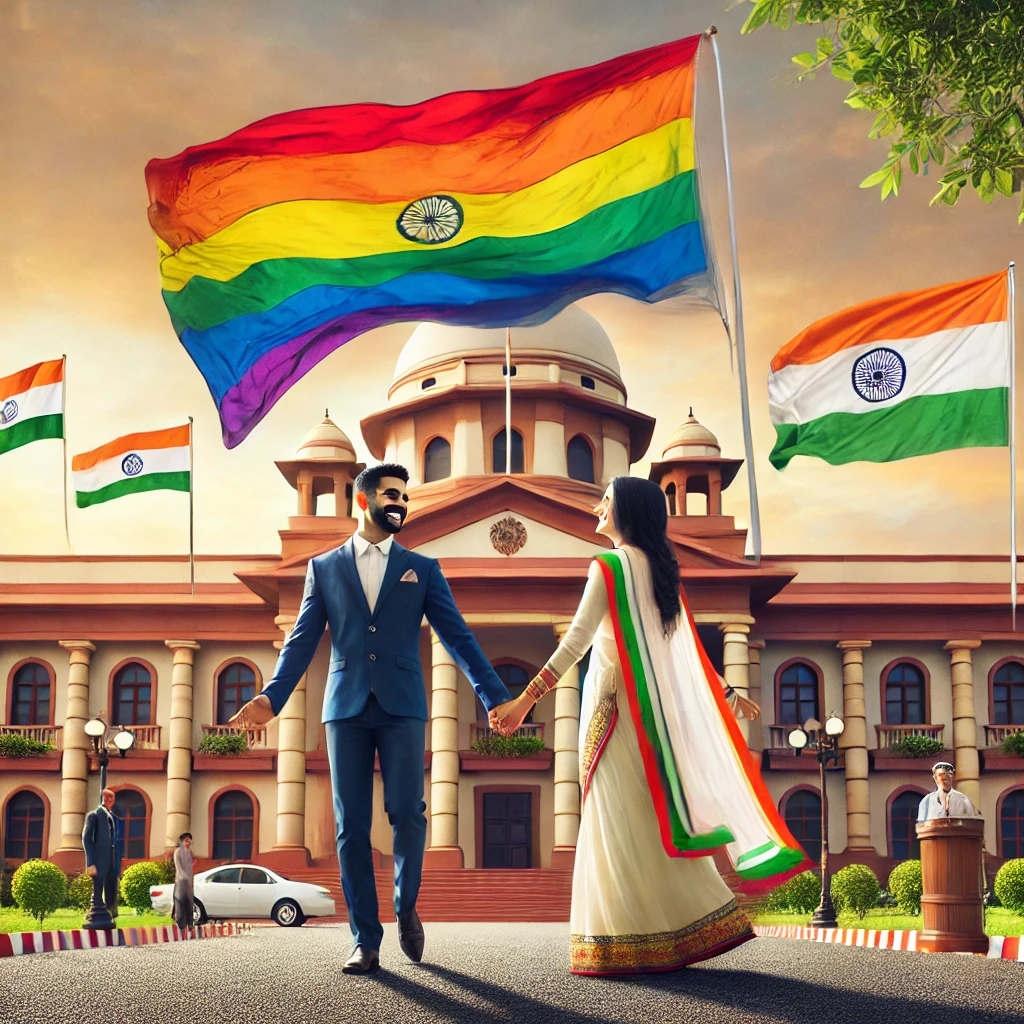







































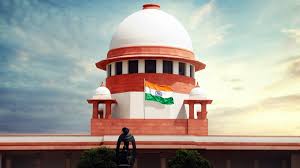


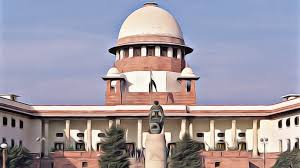

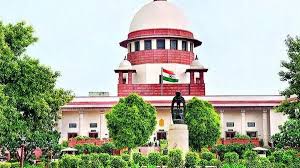









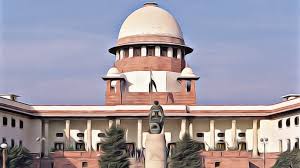




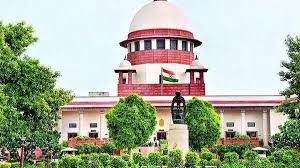



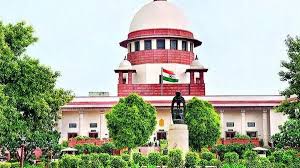
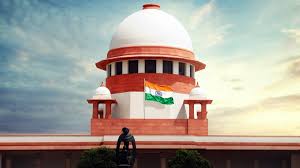



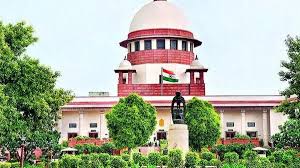
















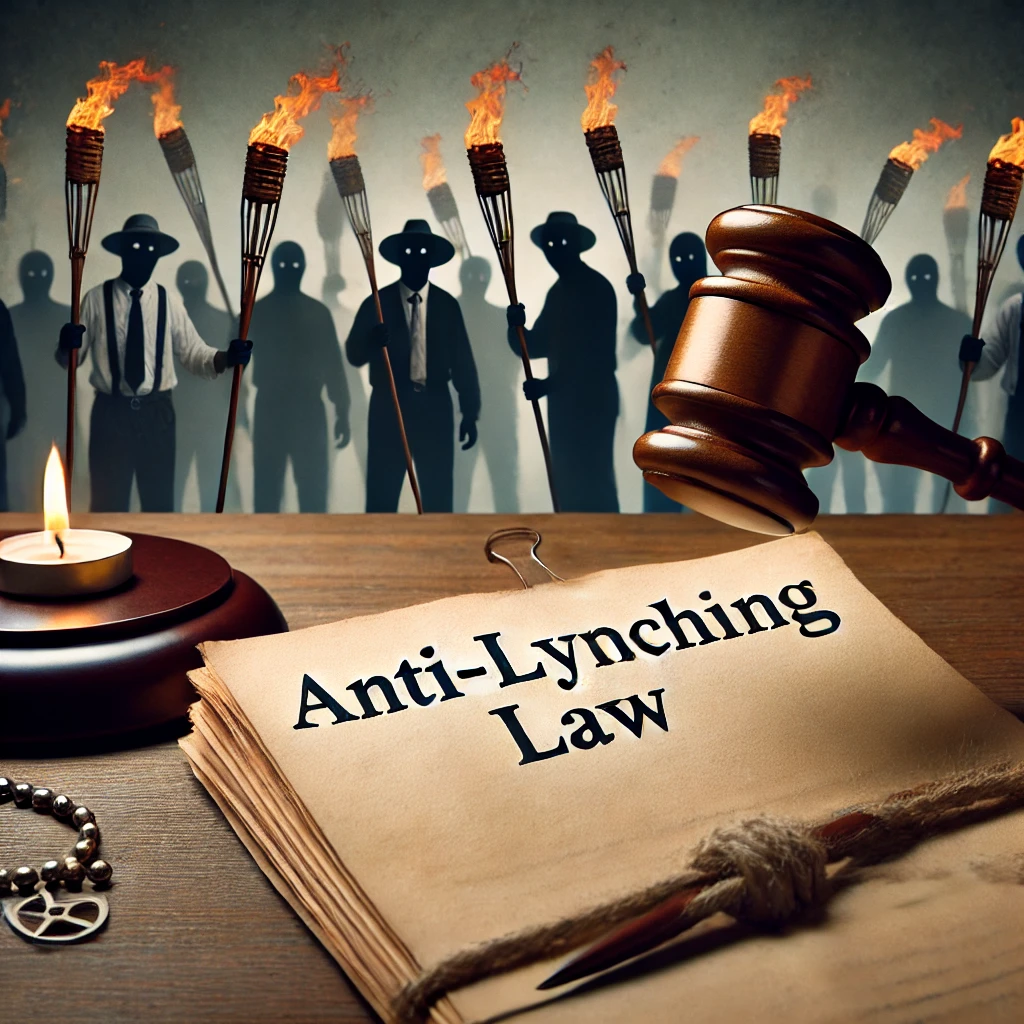
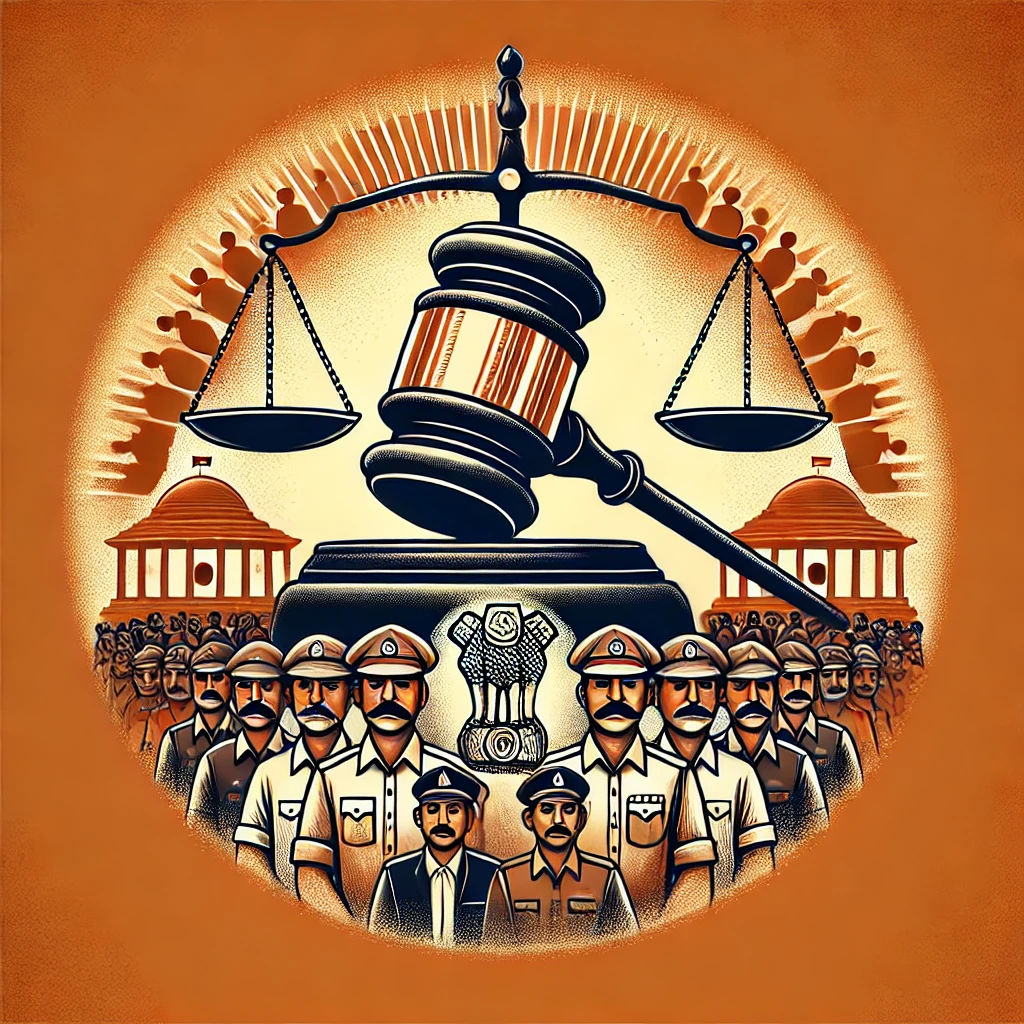

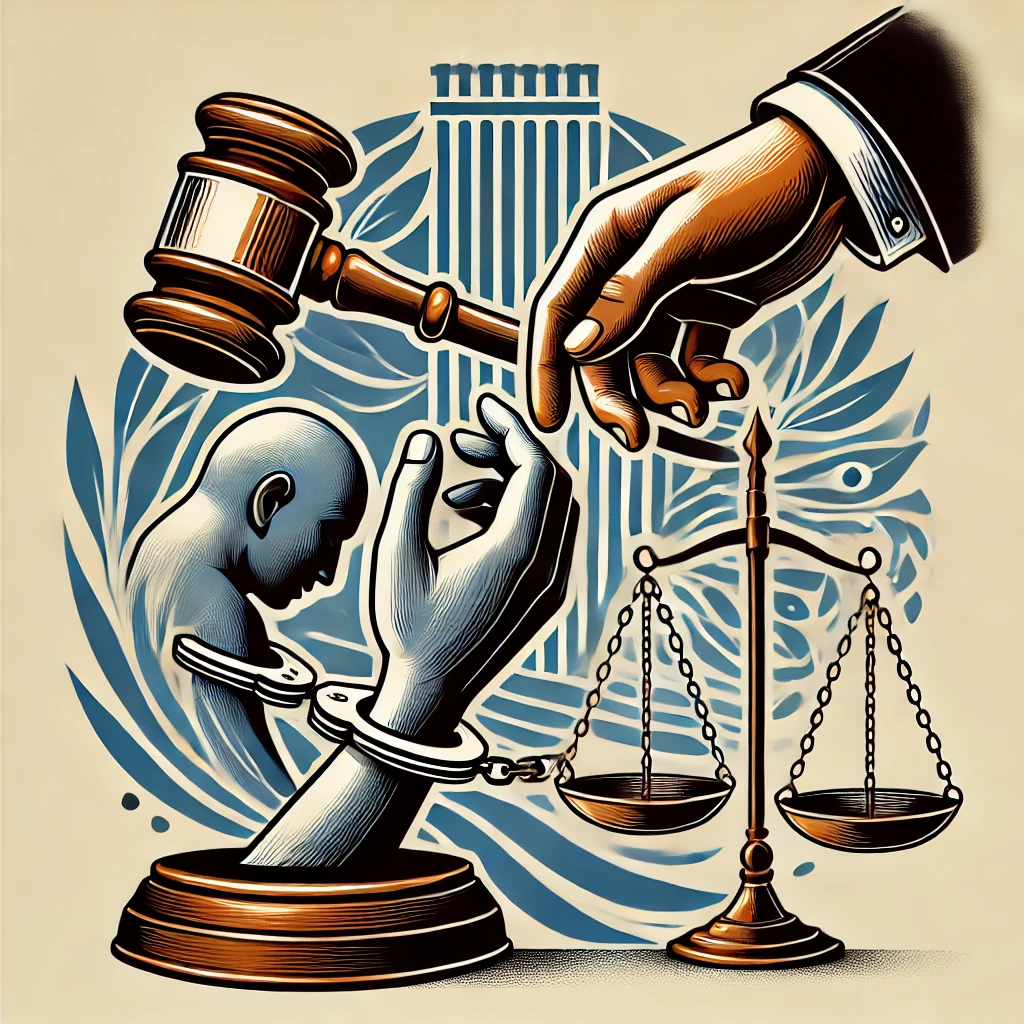











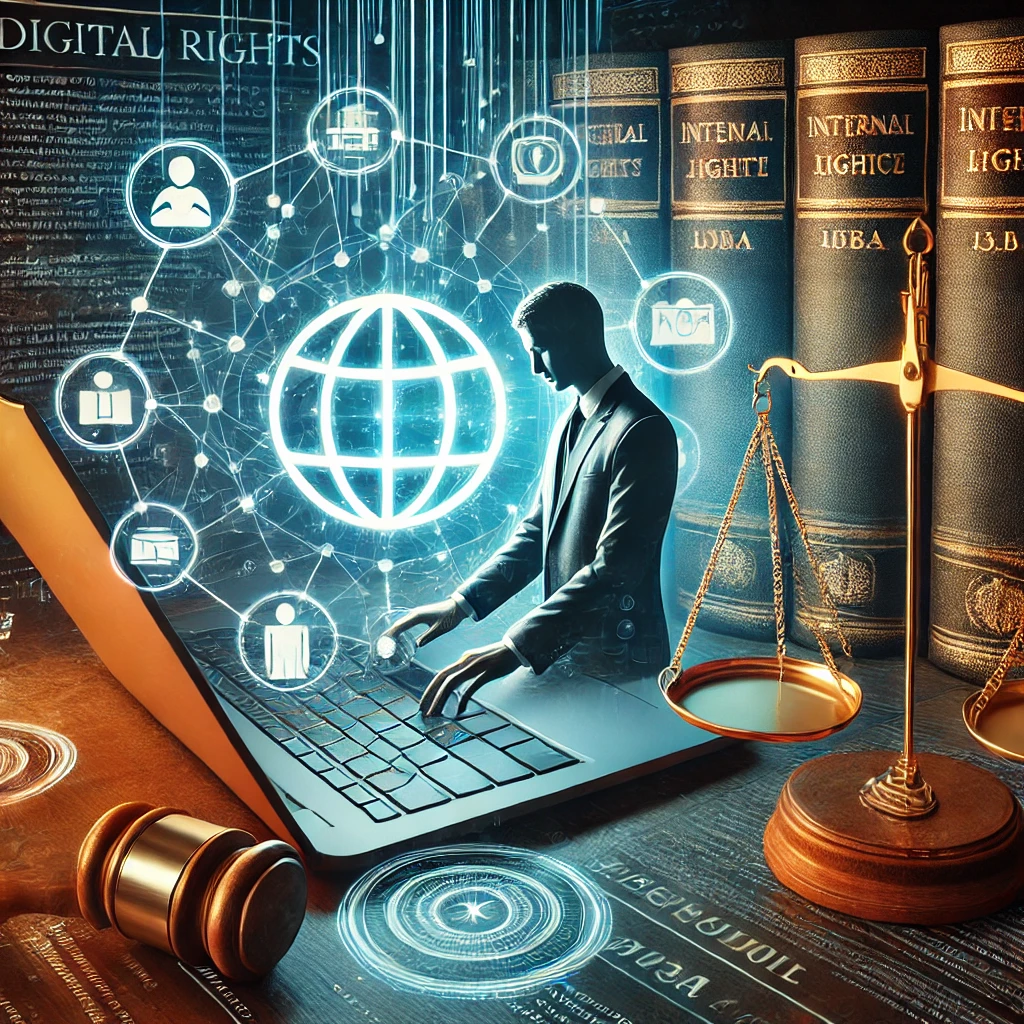




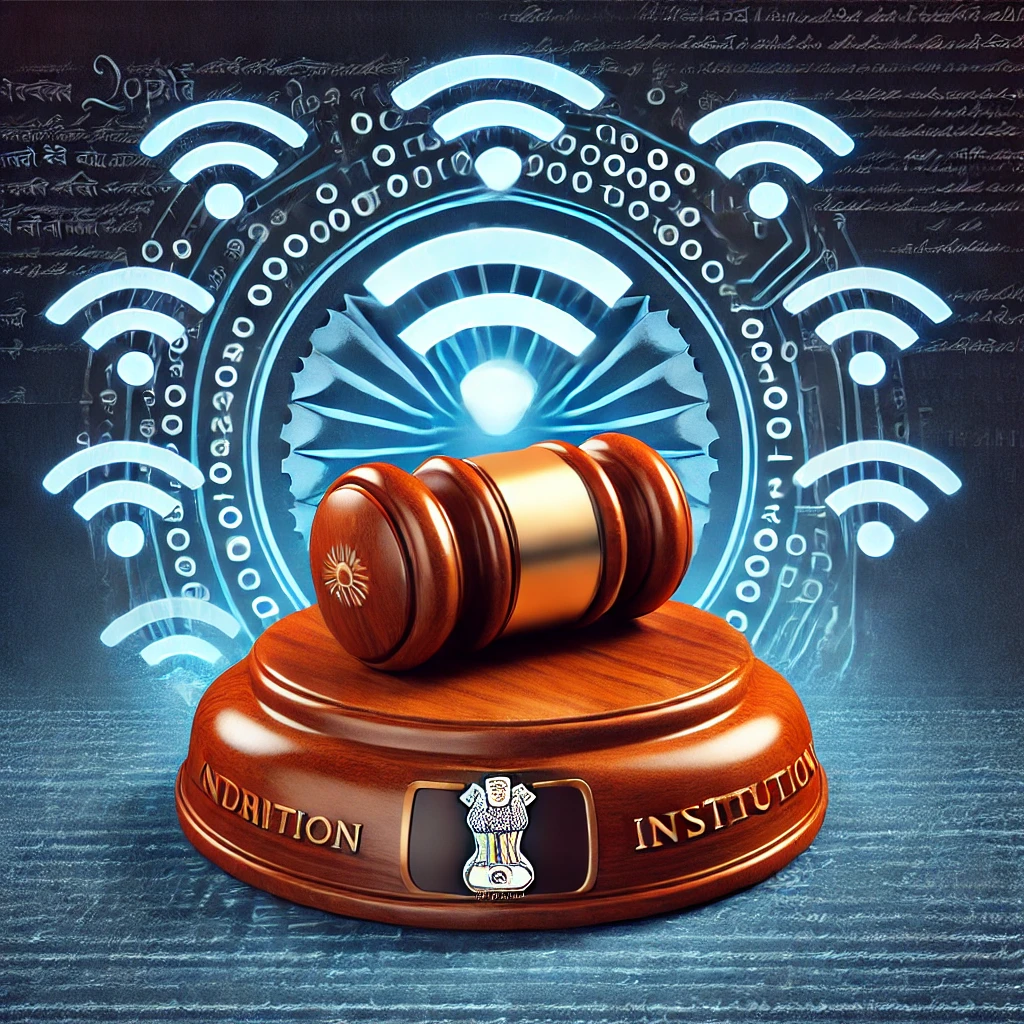






























































































































































































































































































































0 comments